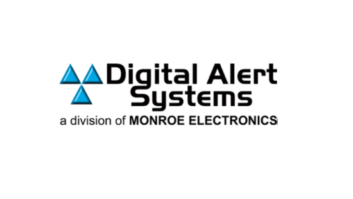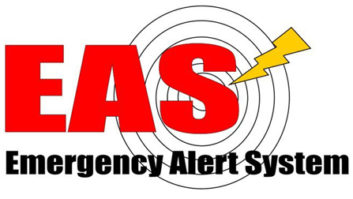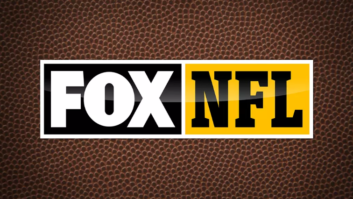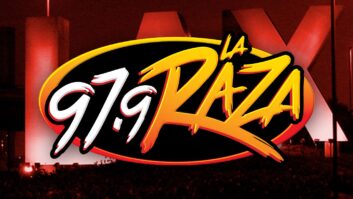In December, I made brief mention of an EAS tone issue originating in Nashville, Tenn. The radio station in question was discussing the impact of an EAS test during the World Series, and mistakenly triggered the alert system on AT&T�s U-verse cable system. Two more recent cases should drive home the point that broadcasters should never use the EAS alert tone during non-EAS events. Moreover, this policy applies to video programming producers who may lack transmission facilities, but still will be liable to the FCC for violations.
The first case deals with three companies had aired commercials for the movie �Olympus Has Fallen.� At least one of the movie trailers repeatedly ran the EAS alert with the text �This is not a drill.� The FCC issued initial forfeitures of $1.2 million to Viacom, $530,000 to NBC Universal and $280,000 to ESPN.
Rather than fighting the forfeiture, NBC Universal paid the forfeiture for its cable systems that aired the trailer.
However, Viacom and ESPN did not pay the forfeiture and asked the FCC for a reduction. Their arguments centered on the fact that the parties were not broadcasters, thus the rules did not apply to them. Further, they argued that it was clear from the trailer that the alert did not relate to an actual event. As such, there was no chance for confusion.
The FCC disagreed with each of these arguments. First, it found that the prohibition on false EAS alerts applies to all entities, regardless of whether they are broadcasters or the programmers that distributed the trailers to broadcasters and cable systems. Furthermore, the Enforcement Bureau was not swayed by the �lack of confusion� argument, finding instead that the prohibition on false EAS alerts is straightforward: No false alerts, ever. Finally, the FCC also relied on the fact that both companies had reviewed the advertisements and had the ability to reject the advertisements prior to their distribution.
As such, the Enforcement Bureau determined that there was no reasonable question whether the forfeitures should be reduced. Moreover, the FCC looked at both the wide distribution system for the companies and their ability to pay the forfeiture in refusing to reduce the amounts.
The same rules apply whether the broadcast is in English or Spanish. Just last month, the FCC reached a settlement with a Spanish-language broadcaster in New York. The on-air talent acknowledged at the time that playing the EAS alert tones was illegal, but continued to do so.
The Enforcement Bureau reached an agreement with the broadcaster, whereby the broadcaster admitted liability and agreed to a forfeiture of $20,000. The broadcaster also agreed to a three-year program, which involves compliance training, the drafting of a compliance manual and the submission of annual compliance reports for the duration. So, on top of the forfeiture, the licensee will be required to spend additional time (and money) to develop and comply with the terms of the consent decree.
The short answer to these problems is to instruct your staff that EAS alerts may never be used on air, and to develop procedures to review advertisements aired on your station to weed out any violations.
Finally, the FCC also issued a forfeiture of $25,000 relating to three STL facilities that were operating from unauthorized sites. Recently, the staff has been more active in this regard, and a broadcaster was found to be operating from a site a little less than one mile from their authorized location. The FCC notified the broadcaster, and then revisited the site one year later and found that the issue had not been corrected. As a result, the FCC issued a forfeiture of $12,000 for operating an unauthorized site, and an additional $13,000 for failing to correct the problem after being notified. The licensee requested a reduction, but the forfeiture was upheld.
Petro is of counsel at Drinker Biddle & Reath, LLP. Email: [email protected].












